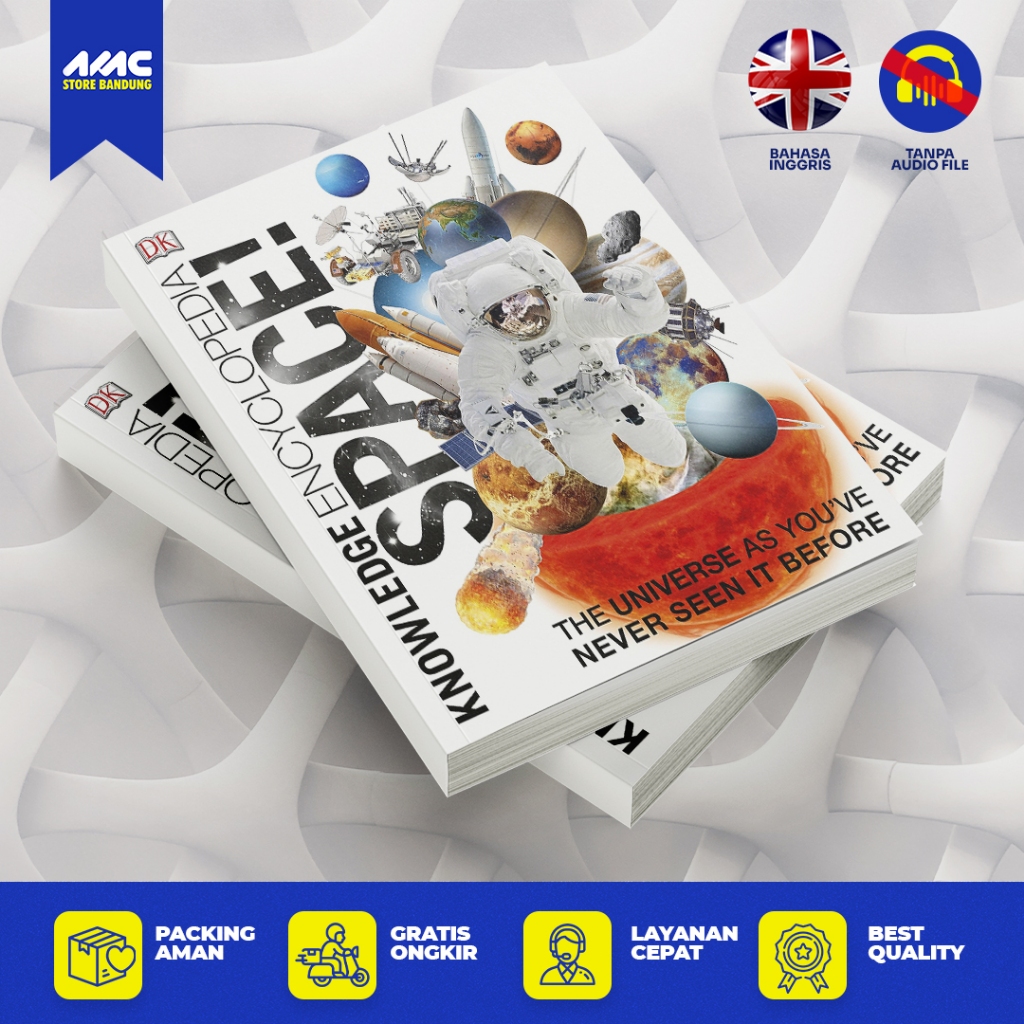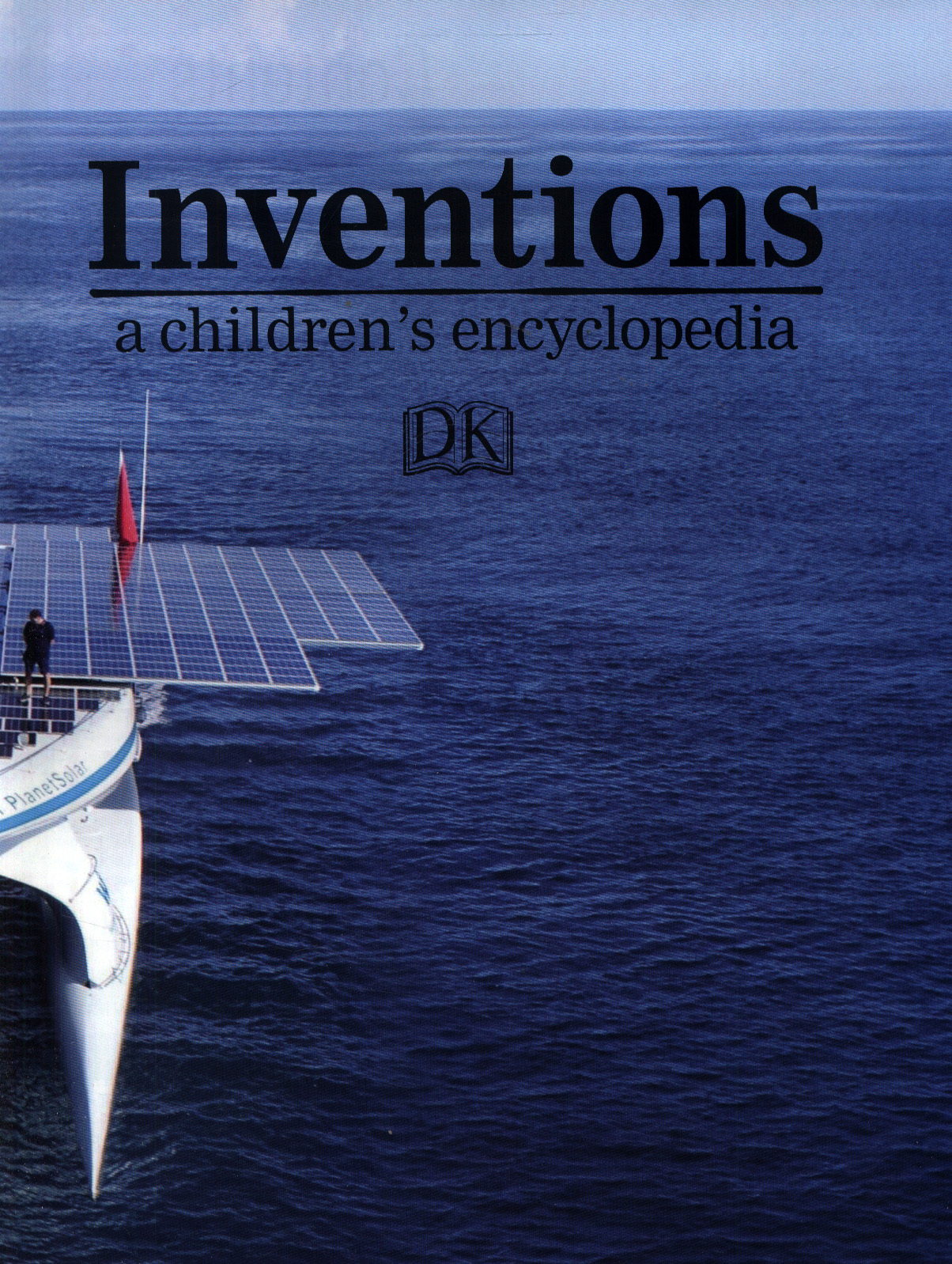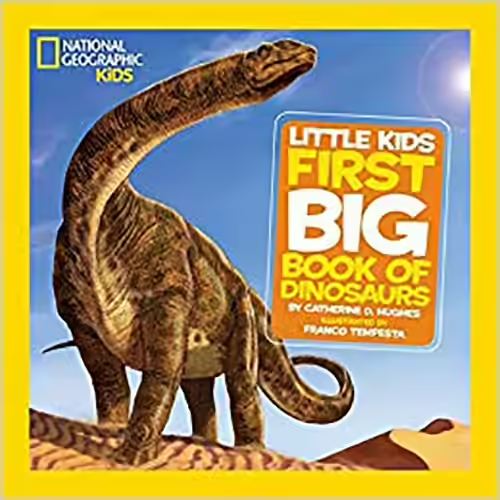Discover Pandipedia
Pandipedia is the world's first encyclopaedia of machine generated content approved by humans. You can contribute by simply searching and clicking/tapping on "Add To Pandipedia" in the answer you like. Learn More
Expand the world's knowledge as you search and help others. Go you!

Foreshadowing plays a crucial role in storytelling by providing hints about future events, which helps to build suspense and intrigue among readers. It fosters a sense of anticipation, as readers often engage in predicting outcomes based on subtle clues in the narrative. For instance, it can be achieved through indirect suggestions, symbols, or even direct statements, thereby enriching character development and enhancing the plot's cohesion[1][3][4].
Additionally, foreshadowing ensures that plot developments feel intentional and interconnected rather than random, enhancing reader satisfaction with a structured narrative. It also serves to prepare readers emotionally, making climactic moments feel logical rather than surprising in a negative way[1][3][5].
Let's look at alternatives:
- Modify the query.
- Start a new thread.
- Remove sources (if manually added).
- Request a manual search from our human research team.

Grace Darling was the daughter of William Darling, the keeper of the Longstones lighthouse, and she assisted her parents in tending the lights as recognized officials of the Trinity House[1]. She was born at Bamborough but had gone with her parents to live at the Longstones when but a few months old[1].
On September 6, 1838, Grace and her father rescued survivors from the wreck of the Forfarshire, which ran aground on the nearby Hawker's Rocks[1]. This act of heroism brought her widespread fame and recognition[1].
Let's look at alternatives:
- Modify the query.
- Start a new thread.
- Remove sources (if manually added).
- Request a manual search from our human research team.
Get more accurate answers with Super Search, upload files, personalised discovery feed, save searches and contribute to the PandiPedia.
Let's look at alternatives:
- Modify the query.
- Start a new thread.
- Remove sources (if manually added).
- Request a manual search from our human research team.

Current Large Reasoning Models (LRMs) can experience significant performance issues when faced with complex puzzles. The study indicates that LRMs experience 'complete accuracy collapse beyond certain complexities' and that they struggle with 'generalizable problem-solving capabilities for planning tasks' as puzzle difficulty increases[1].
Additionally, LRMs are shown to engage in inefficient reasoning processes, often falling into an 'overthinking phenomenon,' where they explore incorrect solutions instead of arriving at correct ones efficiently[1]. This behavior underscores the limitations of LRMs in executing precise computations and reasoning tasks effectively under more complex scenarios.
Let's look at alternatives:
- Modify the query.
- Start a new thread.
- Remove sources (if manually added).
- Request a manual search from our human research team.
Let's look at alternatives:
- Modify the query.
- Start a new thread.
- Remove sources (if manually added).
- Request a manual search from our human research team.
Let's look at alternatives:
- Modify the query.
- Start a new thread.
- Remove sources (if manually added).
- Request a manual search from our human research team.
Get more accurate answers with Super Search, upload files, personalised discovery feed, save searches and contribute to the PandiPedia.

Erosion affects coastlines through several natural forces[1]. Frost, heat, rain, floods, rivers, tides, currents and the action of tempest-tossed waters all contribute to the slow but sure change in the configuration of our coast line[1]. Land is worn gradually away in one place, while it is added to in another[1].
The hardest rock on our iron-bound coasts, as well as the friable soil of our soft and sandy shores, yields sooner or later to the erosive action[1]. As a result, the adjacent sea receives a vast quantity of rocky and earthy matter[1].
Let's look at alternatives:
- Modify the query.
- Start a new thread.
- Remove sources (if manually added).
- Request a manual search from our human research team.

Part of Google's brand is their ability to answer responses and not give a null or useless response
Speaker or author name[1]
Android's success is meant to serve our core businesses, the products and services that we create
Jamie Rosenberg[2]

Google prefers for the out-of-box experience on an Android device with GMS to come pre-installed with key utilities and functions
James Kolotouros[6]
Google's long-term success is based upon satisfying that user intent
Jerry Dischler[4]
We want users to come back to Google and search for lots of commercial topics
Jerry Dischler[4]
Let's look at alternatives:
- Modify the query.
- Start a new thread.
- Remove sources (if manually added).
- Request a manual search from our human research team.
The New Children’s Encyclopedia by DK
A comprehensive resource covering topics from science, history, and geography to art and culture, designed to engage children's curiosity with vivid images and facts[2].
The Kingfisher Science Encyclopedia by Kingfisher
Offers detailed information on various scientific topics, ideal for young learners eager to understand physics, chemistry, and biology[2].
National Geographic Kids World Atlas
This atlas provides a detailed exploration of the world with maps, photos, and infographics, enhancing children's geographic literacy[2].
First Human Body Encyclopedia by DK
An informative book about the human body that features clear explanations and engaging illustrations, suitable for kids interested in biology[2].
The Kingfisher History Encyclopedia
A captivating overview of global history, it encourages kids to learn how past events shape the present[2].
The Usborne Geography Encyclopedia by Usborne
An extensive resource that explains physical and human geography in an accessible manner with plenty of visuals[2].
Children’s Encyclopedia of American History by David C. King
A comprehensive guide covering American history from pre-colonial times to the present, enriched with illustrations[2].
My First Encyclopedia of Why? by Sophie Lamoureux
Answers common questions children ask, covering a range of topics and promoting critical thinking[2].
Knowledge Encyclopedia: Space! by DK
Explores the universe with stunning visuals, making astronomy relatable and engaging for young readers[2].
The Elements Book: A Visual Encyclopedia of the Periodic Table by DK
Offers information about each element, breaking down complex scientific concepts for younger audiences[2].
Animal!: The Animal Kingdom as You’ve Never Seen It Before by DK
Showcases the diversity of the animal kingdom with detailed profiles on various species[2].
Encyclopedia of Inventions by DK
Details the innovations that have shaped the world, from ancient tools to modern technological advancements[2].
Visual Encyclopedia of Earth by Michael Allaby
Covers Earth science, including geology and meteorology, helping children understand our planet[2].
Knowledge Encyclopedia: Science by DK
Simplifies major scientific ideas and discoveries with visuals, fostering a love for science[3].
The Scienc Book: Big Ideas Simply Explained by DK
A resource that distills complex scientific concepts into understandable parts[2].
Little Kids First Big Book of Dinosaurs
An engaging dinosaur encyclopedia filled with eye-catching illustrations and age-appropriate facts[4].

My Book of Rocks And Minerals
Contains high-resolution images and information about various minerals, rocks, and gems, making it a perfect choice for budding geologists[7].
Little Kids First Big Book of Space
Introduces basic concepts of space through colorful images and simple text, suitable for young space enthusiasts[4].

There’s No Place Like Space: All About Our Solar System
A storybook that teaches children about the solar system through engaging characters[7].

Awesome Science Experiments for Kids
A hands-on book filled with engaging experiments to ignite children's interest in science[7].

National Geographic Kids Why?: Over 1,111 Answers to Everything
Provides answers to a wide range of questions, fostering curiosity and learning[7].
Let's look at alternatives:
- Modify the query.
- Start a new thread.
- Remove sources (if manually added).
- Request a manual search from our human research team.

Artificial intelligence (AI) is making significant strides in the gaming industry, transforming how games are developed and experienced. The integration of AI technologies is fostering innovations that enhance gameplay, streamline development, and personalize user experiences. This report outlines the trends and innovations stemming from the growing role of AI in gaming.
Advancements in Game Development

AI technologies are revolutionizing various aspects of game development. By 2024, generative AI, procedural content generation, and machine learning techniques are expected to drive significant changes. Generative AI is already being utilized to create game environments and assets, significantly reducing the time and costs associated with traditional game development methods. For instance, companies like Ubisoft are exploring AI to generate dialogue options and basic game environments more quickly than ever before, allowing developers to focus on intricate design elements instead of repetitive tasks[1][5].
Furthermore, AI's role is expanding into procedural content generation, enabling developers to create diverse game worlds dynamically. Games like No Man's Sky use this technique to deliver expansive, varied experiences with less manual input from developers, enhancing replayability[6]. The use of AI tools improves the efficiency of testing and quality assurance, allowing for automated bug detection and performance checks, which can cut down development time significantly[4][6].
Personalized Player Experiences

AI is not only optimizing the development process but also enhancing the player experience through personalization. AI-driven analytics can analyze player behavior to tailor gameplay elements, difficulty levels, and in-game events based on individual preferences. This type of customization is evident in casual games like Candy Crush, where AI aids in segmenting players for targeted in-game offerings and events, leading to increased engagement[2][5].
Moreover, the sophistication of non-player characters (NPCs) is growing due to AI advancements. Future NPCs are expected to possess more lifelike features, adapting their behaviors to player interactions and resulting in more immersive gameplay. Technologies like natural language processing are enabling these characters to engage in meaningful conversations with players, elevating the overall gameplay experience[3][6].
AI in Narrative and Storytelling

AI is fundamentally changing storytelling in video games by enabling adaptive narratives. This allows for dynamic, evolving story arcs that respond to player decisions, creating a more engaging experience. AI can craft complex plots and branch storylines uniquely for each player, reflecting their choices in real-time. For example, games like AI Dungeon utilize AI to create interactive narratives that change based on player input, showcasing the potential for personalized storytelling[1][6].
Moreover, AI can also enhance emotional depth in storytelling by developing characters that exhibit sophisticated behaviors and emotions. This level of interactivity helps build a richer narrative experience, allowing players to forge deeper connections with the game world[6].
Expanding Accessibility with AI

AI is key to improving accessibility in gaming. With increasing demand for inclusive gaming experiences, developers are integrating AI tools to facilitate access for players with disabilities. AI-driven adaptations can provide real-time assistance and adjustments within gameplay, ensuring that everyone, regardless of their physical capabilities, can enjoy gaming[4].
Additionally, the integration of AI into cloud gaming platforms has democratized access to high-quality gaming experiences. With services like Xbox Game Pass allowing games to be streamed across devices, AI aids in optimizing performance and gameplay across various hardware configurations, making it easier for players to engage without requiring high-end systems[3][4].
Trends Shaping the Future
Looking ahead, several trends are anticipated to shape AI's continued influence on the gaming industry. The integration of advanced AI tools within popular game engines like Unity and Unreal Engine is expected to become more prevalent, making these capabilities standard features for developers[6]. AI's role in improving in-game dynamics will also include real-time adjustments to gameplay difficulty based on user performance, which could lead to a more balanced and enjoyable gaming experience for players at any skill level[4][6].
Furthermore, as concerns about the ethical implications of AI use in games increase, developers are likely to place greater emphasis on ensuring fairness and transparency in AI systems, preventing biases in character representation and game interactions[6].
Conclusion
The role of AI in gaming is evolving rapidly, promising a future where game development is more efficient, player experiences are deeply personalized, and narratives are highly adaptive. The ongoing integration of AI technologies will continue to reshape the gaming landscape, enabling more complex, interactive, and inclusive experiences. As the industry moves forward, striking a balance between technological innovation and creative storytelling will be crucial in harnessing AI's full potential in gaming.
Let's look at alternatives:
- Modify the query.
- Start a new thread.
- Remove sources (if manually added).
- Request a manual search from our human research team.































